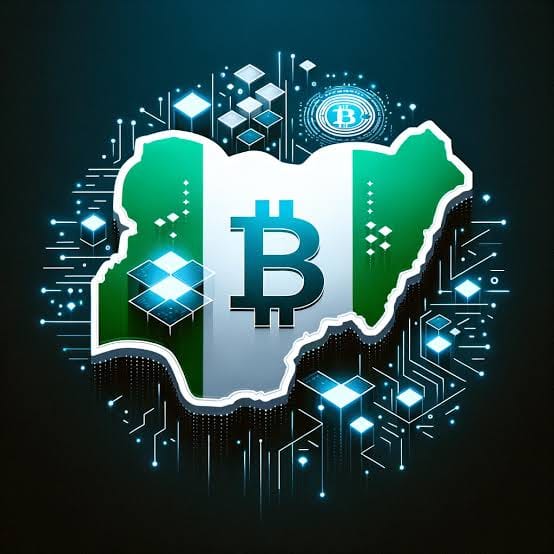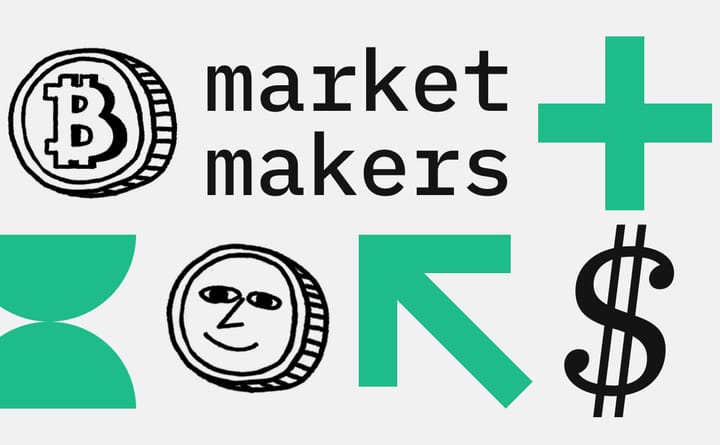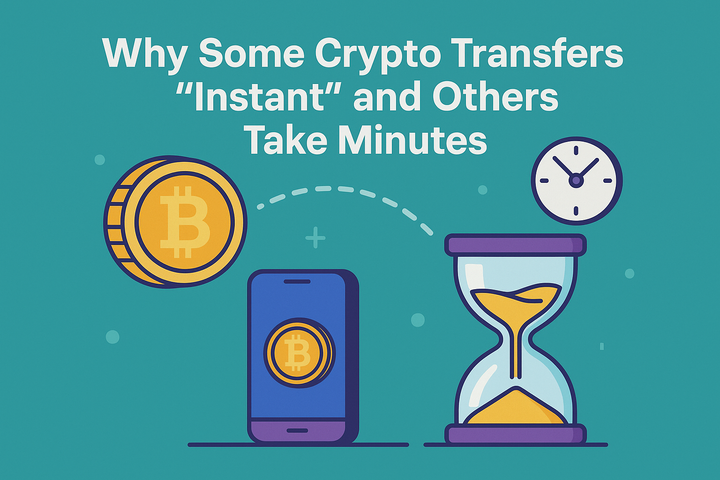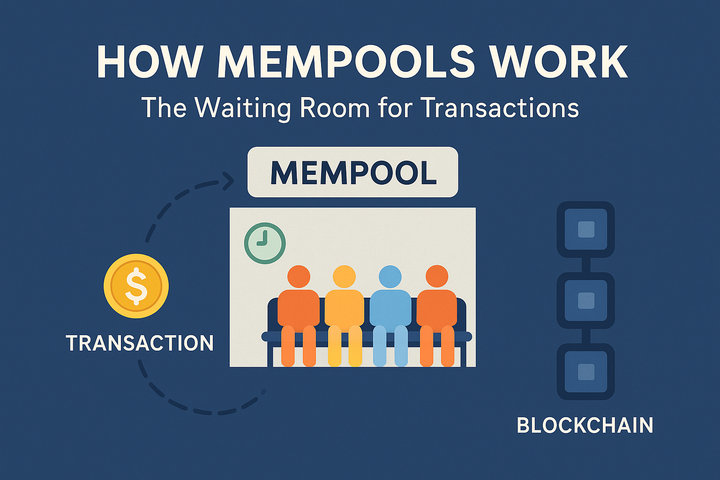Bridging the Knowledge Gap: Nigeria’s Community-Driven Movement for Crypto Literacy

Summary
Crypto education in Nigeria has witnessed a remarkable surge driven by community-led initiatives, hackathons, workshops, and conferences across major cities such as Lagos, Abuja, Uyo, and Calabar. Grassroots organizations like Learn Crypto Africa and the Blockchain Nigeria User Group have partnered with universities and tech hubs to deliver free seminars on fundamental concepts—Blockchain, DeFi, and Smart Contract—empowering thousands of students and professionals to participate confidently in the cryptocurrency ecosystem Learn Cryptobitcoiners.africa. Major events like TRON Connect Africa, HackQuest’s EDU Chain Roundtable, Blockchain Africa Conference, and NaijaHackshave further amplified outreach by combining hands-on coding bootcamps, lightning network workshops, and governance roundtables to foster collaboration and innovation Crypto BriefingX (formerly Twitter). Despite regulatory uncertainties and infrastructure challenges, these programs are closing knowledge gaps, building local talent pools, and laying the groundwork for a more inclusive digital economy.
Introduction
The democratization of finance through cryptocurrencies hinges on widespread understanding of how these technologies work. In Nigeria—Africa’s largest crypto market by volume—community-driven education has become the catalyst for change. Unlike top-down training, these grassroots efforts tailor learning to local needs, demystifying complex topics and encouraging practical experimentation. In this article, we’ll explore:
- The major players and programs leading Nigeria’s crypto-education renaissance.
- How events in cities like Lagos, Abuja, and Uyo are engaging diverse audiences.
- The impact on financial inclusion, job creation, and digital literacy.
- Challenges ahead and the road to sustainable growth.
By the end, you’ll understand why Nigeria’s crypto classroom is one of the most vibrant in the world—and how you can plug in.
1. The Rise of Community-Led Crypto Programs
1.1 Learn Crypto Africa’s Campus Expansion
Learn Crypto Africa launched in 2020 to deliver free, engaging crypto workshops across West Africa. Their model blends short video tutorials with on-campus seminars, focusing on the peer-to-peer utility of Bitcoin and yield farming strategies in DeFi ecosystems Learn Crypto. In 2024 alone, they held events at the University of Calabar and Multimedia University in Kenya, reaching over 1,200 attendees with hands-on demos and Q&A sessions Learn Crypto.
1.2 African Bitcoiners’ Northern Nigeria Seminar
Northern Nigeria has traditionally lagged behind southern tech hubs in blockchain adoption. The African Bitcoinersorganized a five-day immersion in Kano and Kaduna, featuring Lightning Network development and wallet-security bootcamps bitcoiners.africa. This program empowered over 300 developers to build on Bitcoin’s Layer-2 networks and spurred the creation of three local Lightning nodes by participants.
1.3 Cardano Outreach: Bridging Gaps in Lagos
Through Project Catalyst funding, a Cardano community outreach initiative established resource centers in Lagos and Port Harcourt to boost awareness of the Cardano smart contract platform Project Catalyst. They’ve run weekly meetups and published localized tutorials on Plutus programming, attracting over 500 aspiring developers and forging partnerships with two tech hubs.
2. Hackathons and Developer Roundtables
2.1 HackQuest EDU Chain Hackathon
HackQuest, in collaboration with ETH Nigeria and Open Campus, hosted the EDU Chain Semester 3 Roundtable in Abuja, focusing on developer opportunities within education-themed blockchains X (formerly Twitter). Over 150 participants brainstormed use cases for tokenized academic credentials and prototyped decentralized learning-management systems during the 48-hour hackathon.
2.2 TRON Connect Africa in Uyo
At the TRON Connect Africa event held at the University of Uyo, TRON DAO hosted interactive workshops on stablecoin integration and decentralized application (dApp) development Crypto Briefing. More than 200 students built sample dApps on TRON’s network, and TRON ambassadors pledged to mentor 20 projects for the next quarter.
2.3 NaijaHacks: Africa’s Premier Hackathon
NaijaHacks, founded in 2018, has grown into Africa’s largest hackathon, featuring over 200 teams in its 2023 edition Wikipedia. The event emphasizes blockchain and AI projects, awarding seed grants to the top 10 teams. Alumni from NaijaHacks have since launched fintech startups that raised over $2 million in seed funding, illustrating the event’s tangible impact.
3. Conferences and Awareness Campaigns
3.1 Blockchain Africa Conference 2024
The Blockchain Africa Conference in Johannesburg and Lagos convened policymakers, entrepreneurs, and educators to discuss regulation, financial inclusion, and the role of blockchain in Africa’s economies YouTube. Panels on “Blockchain Foundations” and “Market Insights” provided deep dives into tokenomics and sustainable governance models.
3.2 Zcash Nigeria’s Community Grants
Zcash Nigeria’s 2025 community grants program supports local meetups, workshops, and developer cohorts focused on privacy-preserving cryptography Zcash Community Forum. To date, they’ve disbursed over ₿75,000 in ADA tokens to fund education initiatives, including a modular course on shielded transactions.
3.3 Campus-Based Blockchain Clubs
Across major universities—University of Lagos, University of Abuja, and Covenant University—student-led blockchain clubs host weekly study groups on consensus algorithms, DeFi protocols, and Web3 career pathways Solutions Paper. These clubs collaborate with industry sponsors to provide free hardware wallets and guest lectures from leading developers.
4. Impact on Financial Inclusion and the Job Market
Community-driven education is translating into measurable outcomes:
- Increased P2P Trading: Nigeria leads Sub-Saharan Africa with 6 % of global P2P crypto volume, driven by educated users leveraging platforms like Paxful and Binance P2P Learn Crypto.
- Startup Formation: Over 50 blockchain startups founded in 2024 cite local hackathon experience as a key driver, according to a Techpoint survey Nucamp.
- Employment Growth: Graduates of hackathons and workshops report a 35 % increase in job offers in fintech and blockchain roles within three months of program completion CoinCola.
By demystifying smart contracts and DeFi, these initiatives are enabling underbanked populations to access savings, remittances, and micro-loans through decentralized platforms. This aligns with Mitosis University’s mission to foster Ecosystem Connections that drive real-world impact.
5. Challenges and the Path Forward
Despite rapid growth, challenges remain:
- Regulatory Uncertainty: Central bank warnings and draft regulations create hesitation among institutions and newcomersLearn Crypto.
- Infrastructure Gaps: Unreliable internet and power outages hamper virtual learning in rural areasProject Catalyst.
- Resource Constraints: Many volunteer-run groups struggle to secure sustainable funding for in-depth programs.
To overcome these hurdles, stakeholders must pursue multi-stakeholder partnerships—government bodies, telecom providers, and international NGOs—to ensure stable connectivity, formal accreditation pathways, and clear regulatory frameworks. Embedding programs within Mitosis Core initiatives could also leverage on-chain identity and credentialing to formalize learning outcomes.
Conclusion
Nigeria’s community-driven crypto education ecosystem exemplifies how grassroots passion can fuel national transformation. From Lagos workshops on DeFi yield strategies to Abuja hackathons exploring tokenized credentials, these efforts are building a generation of informed, empowered participants in the digital economy.
Key takeaways:
- Engagement Channels: Campus clubs, hackathons, and conferences are the backbone of outreach.
- Measured Outcomes: P2P trading, startup formation, and job placements have surged.
- Collaborative Solutions: Partnerships with regulators, ISPs, and academic institutions will be crucial.
As Mitosis University continues to expand its Blockchain Foundations and Market Insights resources, we invite contributors to document local success stories, propose governance-oriented workshops, and develop technical guides that cater to Nigeria’s unique context.
Your turn: Are you running or attending a crypto-education event? Share your experiences in the Mitosis Discord or Telegram contributors’ chat—and let’s empower the next generation together!
Internal Links
- Blockchain glossary
- DeFi glossary
- Smart Contract glossary
- Ecosystem Connections
- Liquidity TVL Glossary
- Expedition Boosts
- Straddle Vault
- Mitosis University
- Mitosis Blog.
- Mitosis Core: Liquidity Strategies.
References
- Learn Crypto Africa’s Campus Programme Learn Crypto
- African Bitcoiners’ Northern Seminar bitcoiners.africa
- Cardano Outreach Resource Centre Project Catalyst
- HackQuest EDU Chain Roundtable X (formerly Twitter)
- TRON Connect Africa in Uyo Crypto Briefing
- Blockchain Africa Conference 2024 YouTube
- Zcash Nigeria Community Grants Zcash Community Forum
- Campus Blockchain Clubs Empowerment Solutions Paper
- CoinCola at Akwa Ibom Tech Week CoinCola
- Top Tech Meetups in Nigeria Nucamp
- NaijaHacks Hackathon History Wikipedia



Comments ()